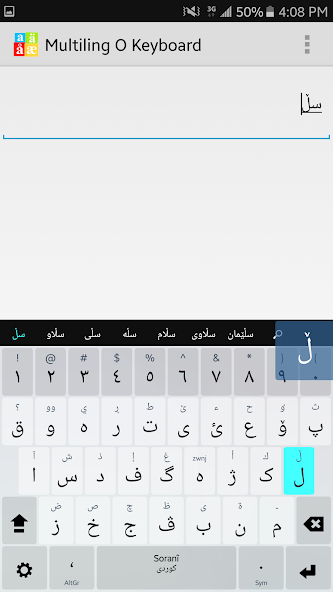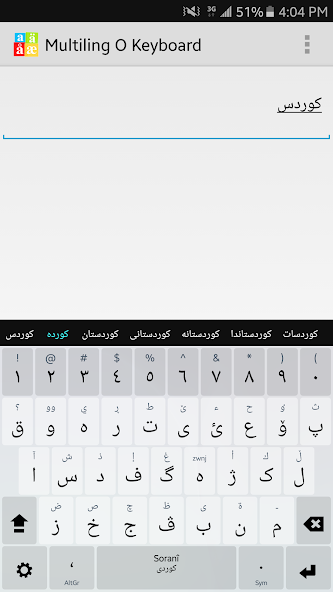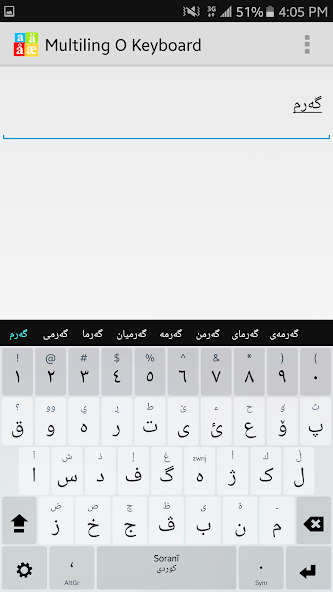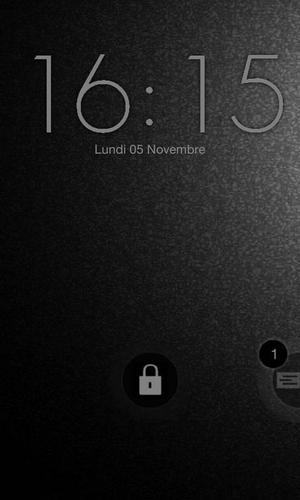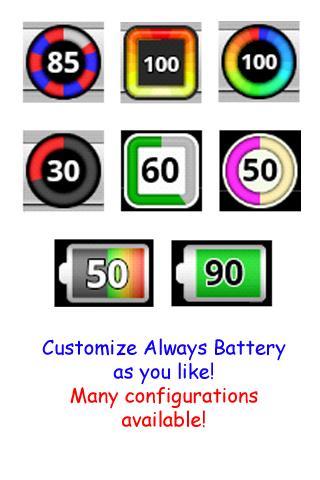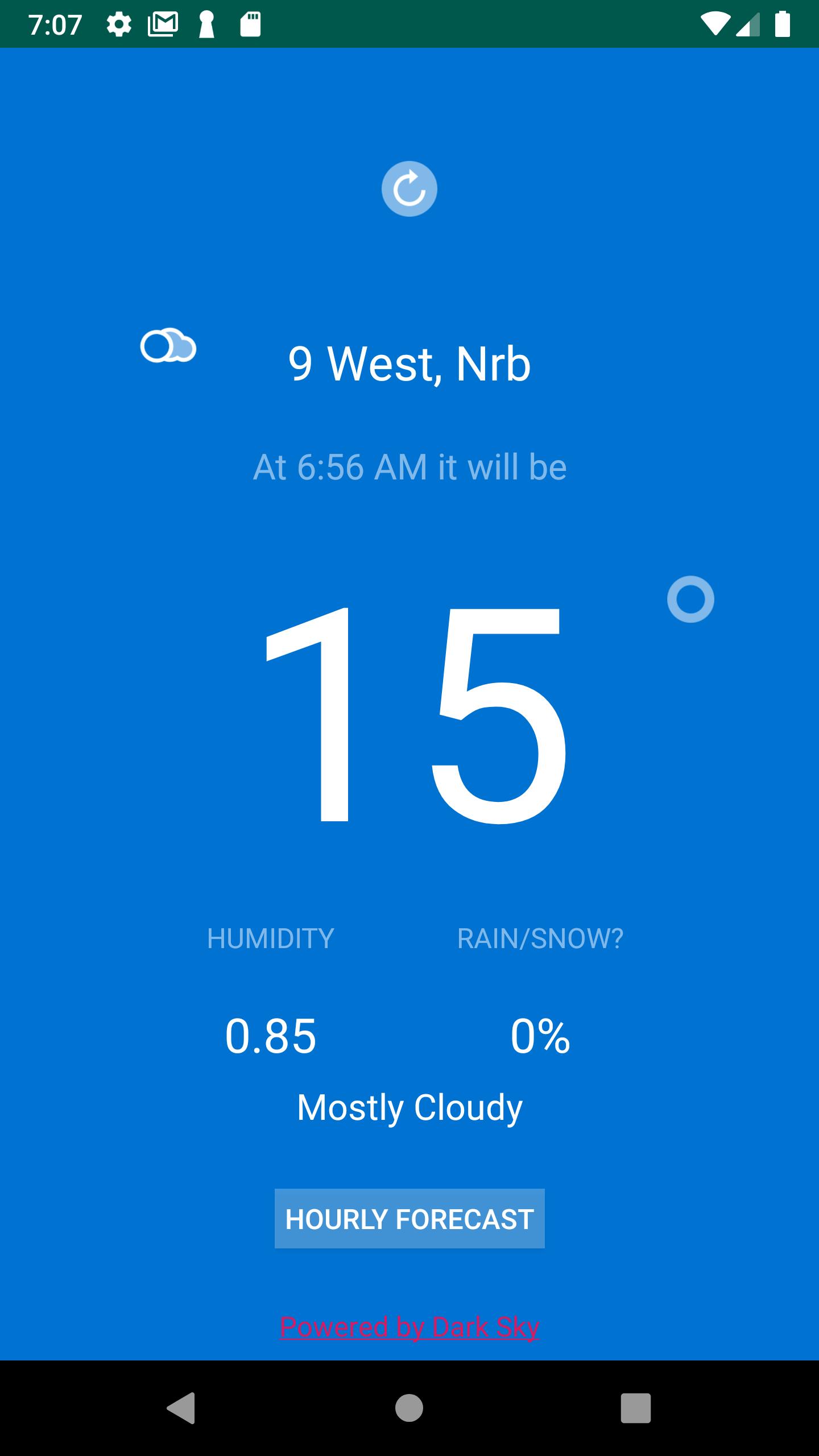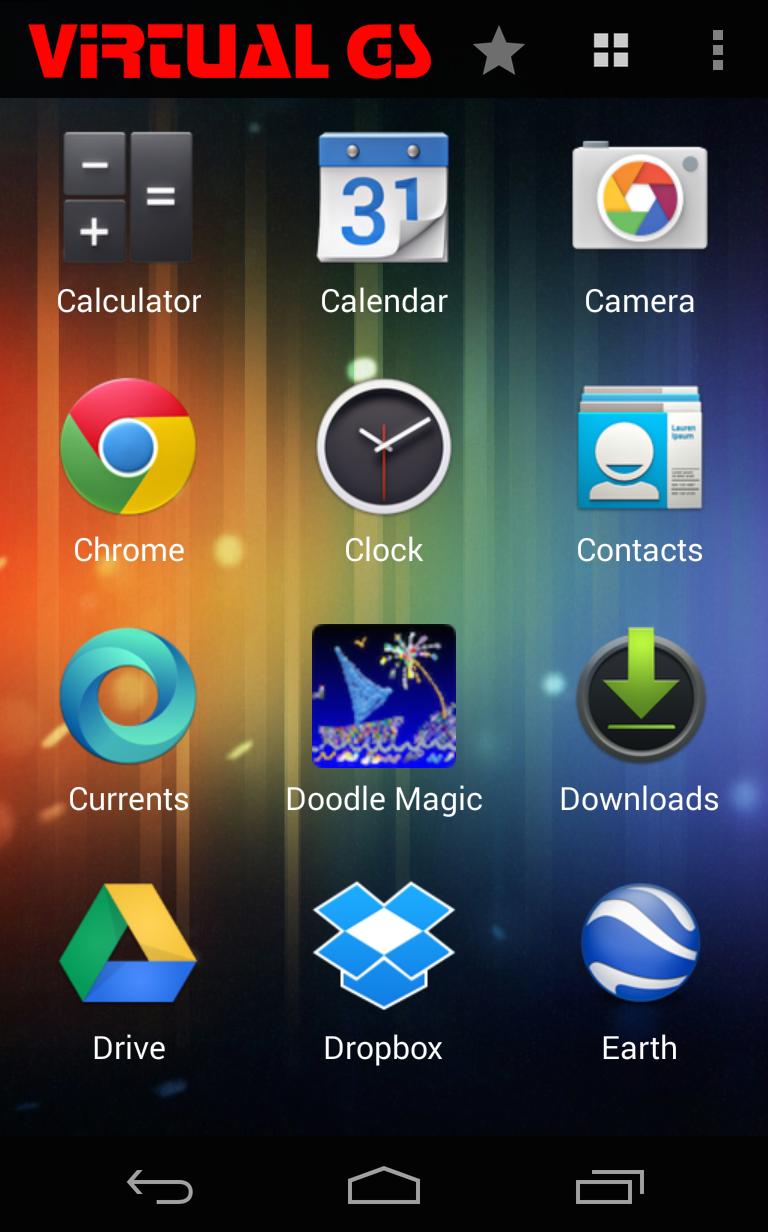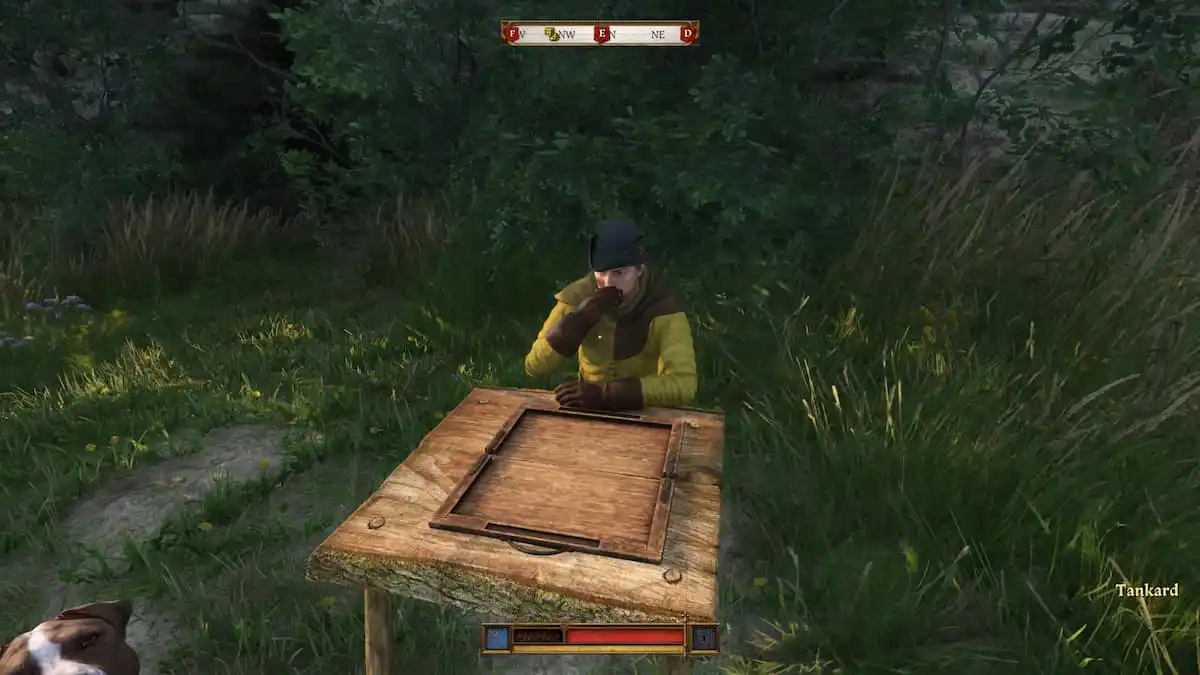Kurdish Sorani Keyboard Plugin -
Sorani Dictionary Plugin for Multiling O Keyboard
Multiling Keyboard O Emoji has been downloaded more than 1 million times in the Play Store and only Multiling Keyboard without Emoji has been downloaded more than 5 million times. Due to its good features, it is one of the best keyboards for smartphone systems.
Fortunately, with the help of the Kurdish Technology Network website, the Kurdish keyboard plugin has been installed, which is based on the Kurdish Sorani/Badini keyboard. More than one Kurdish keyboard can also be used in the keyboard at the same time. For example, English, Kurdish and Arabic keyboards can be assigned to this keyboard and exchanged while typing. The second letters, known as shift letters, are made easier to write. In addition, the symbols and numbers are Kurdish. There are many other types of symbols for writing.
You should also download the main keyboard from this link:
https://play.google.com/store/apps/retail?id=kl.ime.oh&hl=one
You can watch how to set up and download the keyboard in this video:
https://youtube.com/watch?v=BHs0KiibrCs
Sorani | Kurdish (کوردی Dictionary plugin for Multilingual O Keyboard autocorrect and word prediction
Instruction:
14 Install this plugin and download Multiling O Keyboard. https://play.google.com/store/apps/details?id=kl.ime.oh
10 Run O Keyboard and follow its setup guide.
1 Slide space bar to switch languages.
If you have font issues, please read this: http://honsoapps.appspot.com/1/ma.html
Wikipedia:
Central Kurdish (کوردیی ناوەندی; kurdîy nawendî) also known as Sorani (سۆرانی; سۆرانî) is a group of Kurdish dialects spoken in Iran and Iraq.
The term Sorani (Sorani; Soranî), after the name of the former principality of Soran, is used especially to refer to a written, standardized form of Central Kurdish written in an adapted form of the Perso-Arabic script, developed in the 1920s by Sa'id Sidqi Kaban and Taufiq Wahby. According to David Neil MacKenzie, the present Kurdish written standard is based on the Silêmanî dialect, influenced phonologically by the Pijdar and Mukriyanî dialects.[citation needed]


